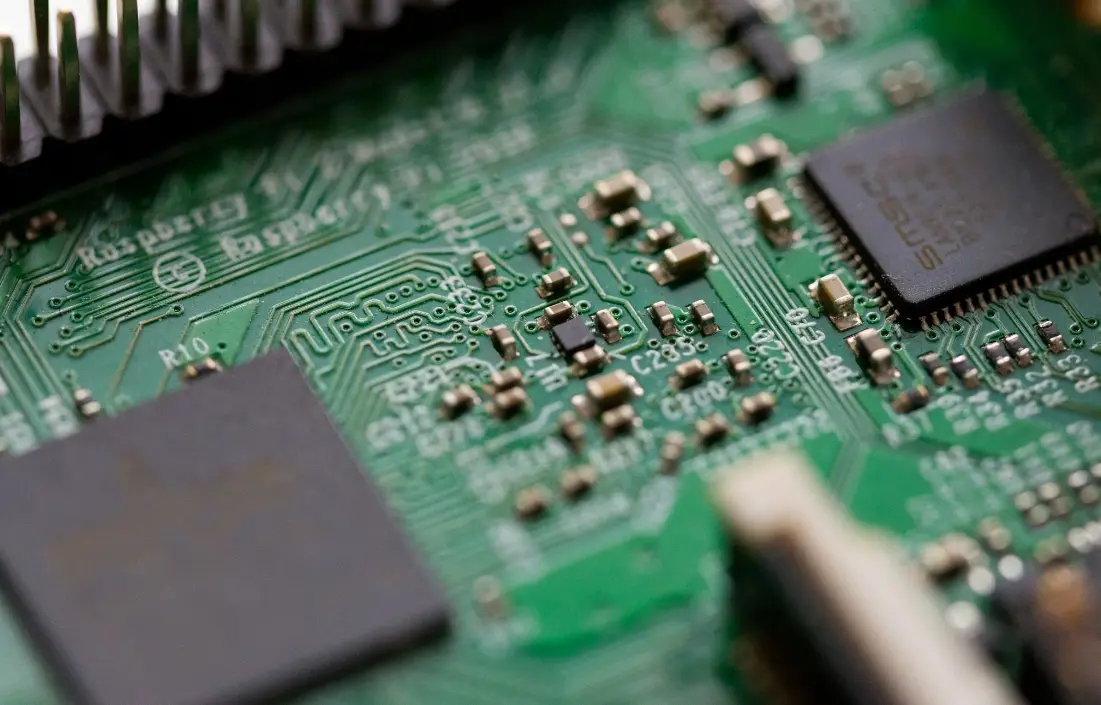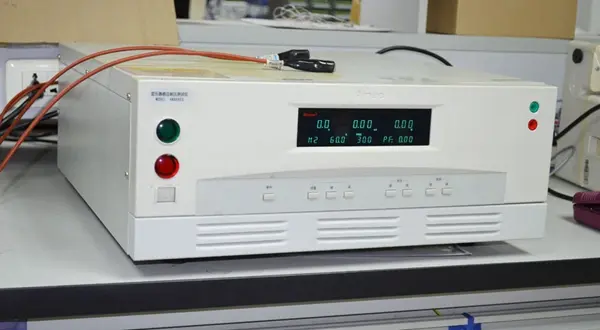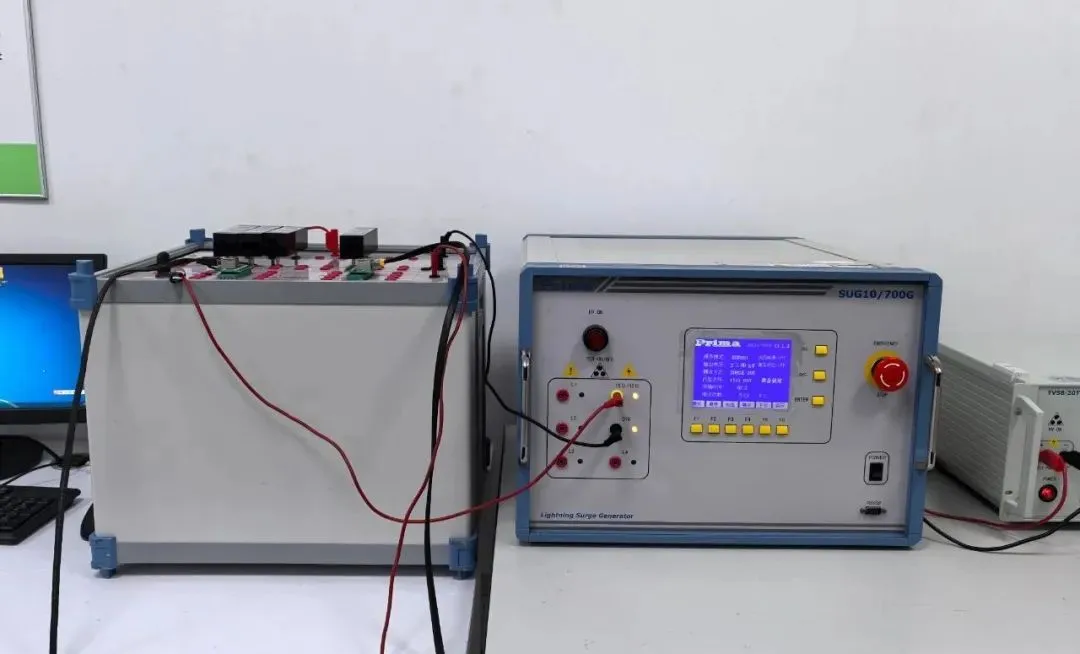
Saudi SABER/IECEE Certification Process
In recent years, the certification requirements for products exported to Saudi Arabia have become increasingly strict. More and more products need to comply with Saudi certification standards. So how do you determine what certification is requiRED for your product to enter Saudi Arabia?
1. Confirm Product Customs Code
The Saudi SABER website is connected to customs, and all product certification requirements can be obtained by querying the customs code. The official website is: [www.saber.sa](http://www.saber.sa). If no resULts are found, the customs code is likely incorrect (in 90% of cases), or the product may not require certification, though this is rare.
2. Search by Product Name
You can also search by product name on the SABER website, but since there may be differences in the interpretation of product names, this method may not always be accurate, which could lead to no results being found.
> Tip: The SABER website supports language switching to English for easier navigation.
3. Confirm Certification Requirements
After confirming the customs code or product name, you can proceed with the required certifications. For example, halogen lamps require energy efficiency and IECEE certifications. The specific processes are as follows:

Energy Efficiency Certification Process
1. Saudi Energy Efficiency Label:
You first need to obtain a Saudi energy efficiency report and use the report to register for the energy efficiency label. The application is made per model and color temperature. The fee is 2500 SAR for the first model and 500 SAR for each additional model. The local importer must pay the fee, but we can assist with payment. The process takes about 3 weeks and requires samples, application forms, and other related documents.
2. Design Requirements:
There are strict requirements for packaging design (such as color boxes), and more details can be found by following our official account.
IECEE Certification Process
1. Converting cb certificate to IECEE:
An iecee certificate requires a CB certificate. If you do not have a CB certificate, you will need to obtain one first. The CB certificate is a product safety certification, taking around 5 weeks to process, with a cost of approximately 4000 USD. Fees may vary depending on the product, and key components also require CB and other relevant certificates.
2. Required Documents:
- IECEE government fee: 3850 SAR
- Processing time: 3-4 weeks
- Required documents: Front and back product photos, CB certificate report, nameplate image, product manual, importer’s declaration, manufacturer’s declaration, etc.
3. Validity:
The certificate for the same importer and product is valid for one year.
4. Applying for PC and SC Certificates:
Once you have the IECEE certificate, you need to provide the importer's SABER account, packing list, invoice, product images, and nameplate to apply for the PC (Product Certificate) and SC (Shipment Clearance) certificates. If applying through an IECEE certificate, there is no need to pay additional fees for the PC and SC certificates.
Direct SABER-COC Certification Process
1. PC Certificate:
You need to provide product test reports, the importer's SABER account, product images, nameplates, etc. The government fee is 575 SAR, and the certificate is valid for one year.
2. SC Shipment Clearance certificate:
After obtaining the PC certificate, you can apply for the SC clearance certificate by providing the packing list and invoice. The government fee is 475.5 SAR per shipment, and you need to apply for this certificate for every shipment.
3. Special Requirements:
For products like automotive parts and food-contact materials, a factory inspection is required when applying for the PC certificate. The factory inspection is based on ISO 9001 standards, and the PC certificate can only be issued after the inspection is passed.
Notes
- Saudi certification must be handled through a local importer. It cannot be done without one.
- The certificates are issued specifically for the importer and cannot be obtained by paying a third-party importer, unlike EU or US regulations.
For further questions, feel free to contact me privately.
Email:hello@jjrlab.com
Write your message here and send it to us
 Global Certification Guide for Lithium Batteries
Global Certification Guide for Lithium Batteries
 Compliance of Amazon 18650 Lithium Battery Product
Compliance of Amazon 18650 Lithium Battery Product
 What is CE Certification and EU Authorized Represe
What is CE Certification and EU Authorized Represe
 What Are the Lithium Battery Safety Tests?
What Are the Lithium Battery Safety Tests?
 What is the EN 61326-2-3 Standard?
What is the EN 61326-2-3 Standard?
 Why Do Smart Sockets Need IEC 60884 Certification?
Why Do Smart Sockets Need IEC 60884 Certification?
 Why Retest the Device if the 5G Module Already Has
Why Retest the Device if the 5G Module Already Has
 Overview of IEC 62087 Test Standard
Overview of IEC 62087 Test Standard
Leave us a message
24-hour online customer service at any time to respond, so that you worry!




